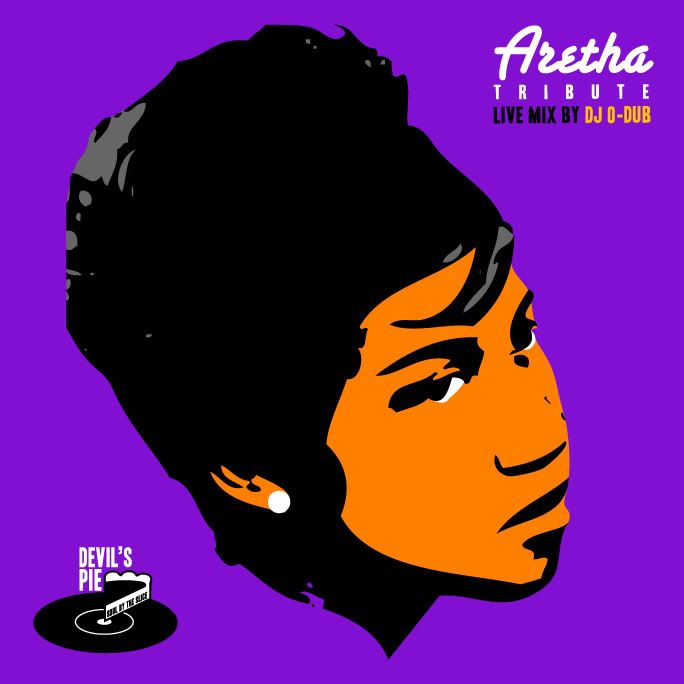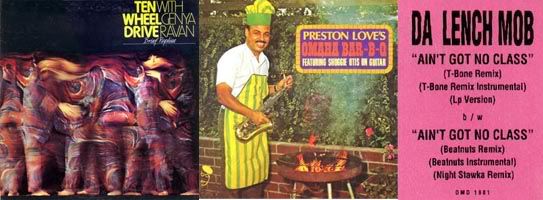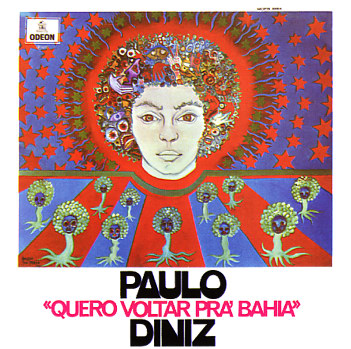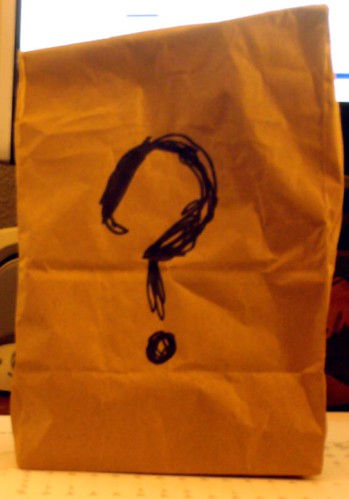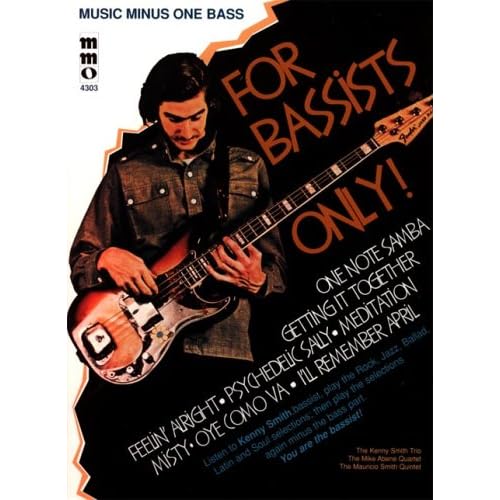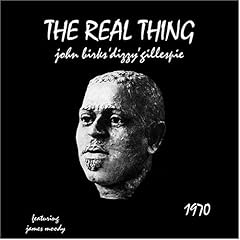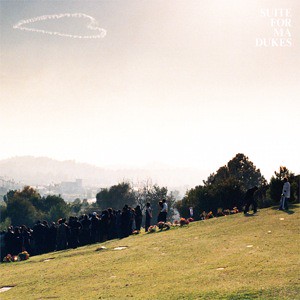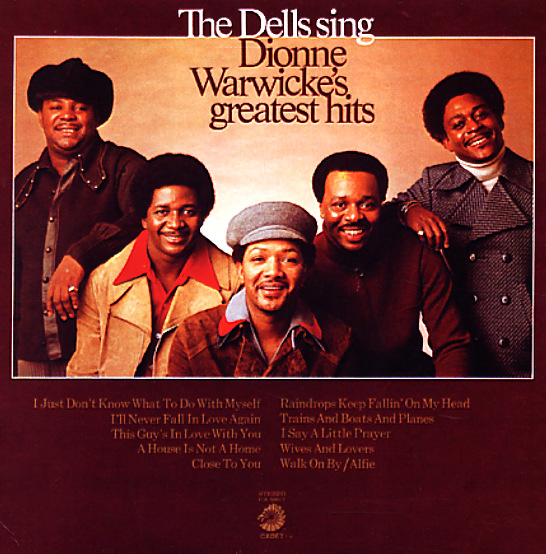
Didn't mean to barrage people with all those 5th Anniv. posts but since I've been gone the last 10 days, I thought I'd make up for lost time. (I'm also thinking that no one's really complaining either).
So...I had a great time spinning at Chairman Mao's Grand Groove party in New York City the other night. As noted, it was a "covers night" theme, with DJ Muro as the headlining guest. I wasn't able to catch most of Muro's set because I ducked out to see some old friends but I did make it back in time to hear him play
Penny Goodwin's cover of "What's Going On." It's strange but the song, through headphones, doesn't sound that earth-shattering for some reason. But played loud? In a public space?
Good God, it is incredible. Absolutely some life-changing stuff. I can't explain it better than that (and it's also why I wouldn't bother posting the song on here but I will add it to my rotation in any club).
I digress however.
Towards the end of the evening, around 3am or so, I had a revelation and I think I finally understand why I like covers so much. This whole time, I've said it's because "covers are both familiar and different" and sure, that's true and I do think that's part of the appeal - their quirky blend of something you know yet don't know.
But I think the real reason I love covers go much deeper. In participating during a
six hour set of cover songs, it occurred to me that while this is a challenge in terms of bringing the best cuts to the (turn)table, it's also rather easy because generally speaking, songs that get covered were good enough to even warrant a cover to begin with. In other words, if someone didn't basically
like the original source material to begin with, it's unlikely anyone would have bothered to cover the song at all.
Which, in a sense, means that most of them are, in essence, love songs...not about love, but about the
love for songs. Part of the motivation to make a cover song is either 1) a recognition that other people love that song or 2) the artist themselves love that song. Either way, that's a whole lot of love going on.
And so, in that early morning moment, I realized that I love cover songs because I love songs...and if cover songs are love songs about the love for songs then loving cover songs is about loving the loving of songs. Or something like that.
You catch my meaning, I hope.
In any case, in honor of that beautiful revelation, in honor of that great evening, and just because I feel like, here's one cover I did play, one cover I could have played and one cover I may very well start playing.
Otis Redding: Papa's Got a Brand New Bag
From In Person at the Whiskey A Go-Go (ATCO, 1968)I am straight-up embarrassed that I never heard this song prior to my Funky Sole gig the other month but goddamn, it is so good, I'd say it's better than James Brown's original. Just listen to how Otis and the band
punish this cover. It's become an instant favorite and at less than two and a half minutes, packs a punch every second it plays.
Alice Babs: Been to Canaan
From Music With a Jazz Flavour (Swedish Society, 1973)I don't know why I don't play this cut out more...I first learned about it years ago at the Groove Merchant and it's probably one of the best vocal jazz dance cuts I know, up there with Lynn Marino's "Feeling Good" for example. It's a very striking departure from
Carole King's original, taking a slow ballad and giving it an uptempo makeover.
The Emotions: As Long As I've Got You
From Songs of Innocence and Experience (Stax, unreleased from 1972) Toward the end of the evening (circa 4am), Mao threw on a blank 45 and when those first few piano notes sounded through, I realized, "holy sh--, someone covered the
Charmels." The funny thing is, I actually knew about the song from a few weeks back when Hua hepped me to it but at the moment, I totally forgot that I had already heard it and marveled at how completely
awesome this cover is.
As it turns out, Mao had the song custom-burned to 45 since it doesn't exist in any actual original vinyl form; the Emotions' album this was supposed to be from, 1972's
Songs of Innocence and Experience was never released for reasons not clear...though later, many songs from it ended up on the group's
Sunshine album according to
Souled On. However, the group's version of "As Long As I've Got You" was not included on there and only surfaced in 2004 when Ace finally put the album out on CD. All history aside - what an incredible cover of an already incredible song.
Labels: covers, jazz, soul/funk








